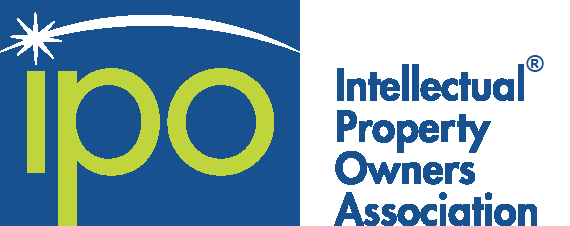When drug maker Allergan announced in early September that it had transferred patents on a best-selling eye drug to the Saint Regis Mohawk Tribe in upstate New York, IP experts were caught flat-footed. Allergan’s move to sidestep an inter parties review at the PTAB by taking advantage of the Tribe’s sovereign immunity brought patent law deep into unfamiliar territory.
The terrain might be strange, but many patent owners and petitioners now realize they need to understand the lay of the land. The St. Regis Tribe has also partnered with a company in the computer sector, making it clear that sovereign immunity is a challenge not only for generic drug companies but for any company threatened with patent assertion. Right now, deal makers far and wide are scrambling to do more transactions based on immunity. Our multi-disciplinary panel will address such questions as:
What is the nature of tribal immunity? Do Indian tribes offer special advantages in these deals, or could a patent owner just as well make a deal for a state government to harbor patents?
What was the basis for the PTAB’s earlier decisions this year to grant immunity to state university patent owners such as the University of Florida? How does tribal immunity differ from states’ immunity?
Does it make a difference to the legal analysis that the St. Regis Tribe took ownership of patents that were already being challenged at the PTAB?
Will the PTAB’s decision regarding the Allergan case be appealable?
Speakers:
- Brendan Johnson, Robins Kaplan LLP
- Lissi Mojica, Brooks Kushman PC
- Shashank Upadhye, Amit Talati Upadhye

